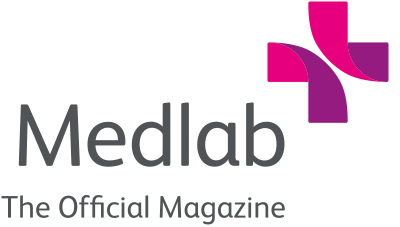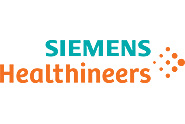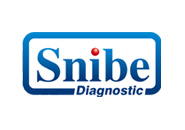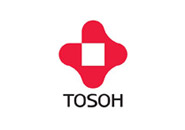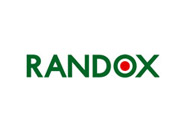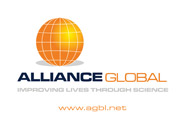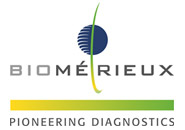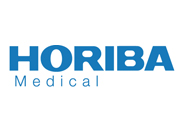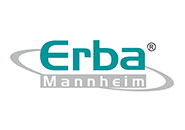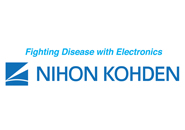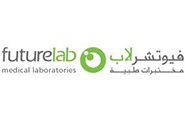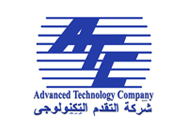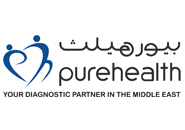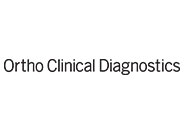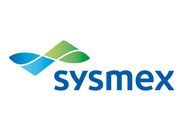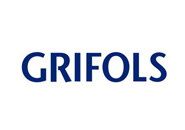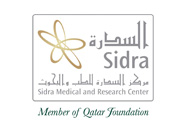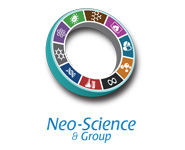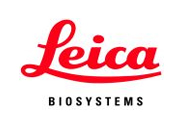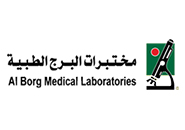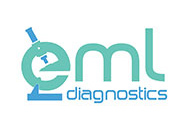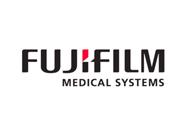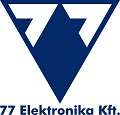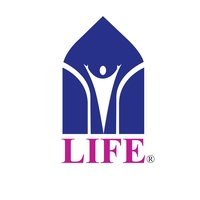AABB Accreditation: Pursuing Quality Management Outcomes
Jay Lewis, Managing Editor, AABB News, 16 January 2017
Last year, an AABB-accredited cord blood bank in Dubai, was able to support life-saving treatment of a seven-year old Abu Dhabi boy, by supplying stem cells derived from umbilical cord blood saved three years earlier at the birth of his younger brother. The older brother had been diagnosed with beta thalassemia major, a blood disorder that can require regular blood transfusions and has the potential for multiple other chronic health problems.
Luckily, the boy’s parents were well informed and insightful enough to see the potential value for their family in saving the cord blood. When the older brother became transfusion dependent and treatment was less effective, his brother’s cord blood unit was tested for compatibility and deemed a suitable match. This afforded the treatment option for a related allogeneic stem cell transplant, which offers fewer side effects and better outcomes than an unrelated transplant.
The actual transplant was performed by a team of doctors at a hospital in the U.S., but it could not have happened if the parents had not had education and counselling, and had they decided against banking their second son’s cord blood. AABB accreditation was a key factor in securing approval to transport and use the stored cord blood product. In the year since the transplant, the boy has remained in remission with no trace of any blood disorder. It is an outcome celebrated by the boy and his family, and all of the medical professionals who were involved.
AABB accreditation has been and is currently the standard most often used by cord blood banks around the world, with nearly 70% of AABB accredited cord blood banks located outside the U.S. As the premier accrediting body for transfusion medicine and cellular therapies worldwide, AABB hears many patient stories from members at the hospitals, blood banks, and other organisations. Listening is a key part of their accreditation programme and process. When a team of AABB assessors visits an organisation, they don’t rely on simple checklists. Their role is to ask questions, observe, collect information, make connections, and offer direct feedback on the organization’s achievements in meeting AABB’s quality management and technical standards. In addition to the formal assessment process, an abundance of peer-to-peer learning takes place, with sharing of best practices. As an additional commitment to quality and transparency, the AABB accreditation programme itself is accredited by the International Society for Quality in Healthcare, a prestigious international organisation that accredits and oversees accrediting bodies.
Embracing a commonly held quality management framework allows for best practices to be developed and shared throughout the health care sector worldwide. When organisations become AABB accredited, they enter a community that is rich with opportunities for collaboration and workforce training, and committed to quality patient outcomes. AABB holistic quality systems are highly regarded, and leading hospital and laboratory accrediting organisations such as TJC and CAP are partners with AAAB.
AABB has been collaborating with leading Arab medical societies and clinical leaders for many years to help achieve uniformity in blood and bio-banking quality standards and best practices. Just this year, AABB worked with the Saudi Society for Transfusion Medicine, bringing internationally recognised speakers to the Transfusion Medicine conference in Jeddah in April, and also AABB exhibited at the International Society of Blood Transfusion meeting in Dubai in September.
The Gulf region already benefits from investing in, and pursuing, public health initiatives that provide citizens with access to cutting edge care and address chronic health diseases, such as thalassemia. As these programmes mature, the region is increasingly recognised for its world class facilities and quality health services. The value of supporting a culture of quality, and drawing an exceptional workforce, is critical as clinical services prepare for next generation treatments.
Transfusion medicine and cellular therapies experience constant change and challenges, spurred by scientific discovery, clinical needs and public health threats. The ability for health centres to manage change and adopt technical and production innovations are key. Third party accreditation and a commitment to quality support and strengthen the entire healthcare system.
Making a Mark
AABB was founded as the American Association of Blood Banks in 1948. At that time, its members comprised physicians and other healthcare providers who had a common interest in ensuring safety standards for the collection and transfusion of blood products. As healthcare evolved, so too did AABB and its membership. Although AABB continues to be deeply rooted in transfusion medicine, it has since extended its expertise and resources to encompass various related areas of healthcare, including cellular therapies and patient blood management.
Today, AABB membership is comprised of thousands of individuals and institutions in more than 80 countries. Its members are a unique and diverse group of professionals, including physicians, nurses, medical technologists, specialists in blood banking, research scientists, laboratory experts, infectious disease experts, management executives and many others. Although their areas of expertise vary, AABB members are dedicated to a singular mission: to advance the science and practice of transfusion medicine and cellular therapies throughout the world. AABB members continue to help drive the field forward, advance safety and quality outcomes for patients and donors, and promote improvements in care and scientific knowledge. AABB promotes continuing education and addresses current trends and technologies, helping to keep members up-to-date regarding knowledge of the field.
Setting Standards
Throughout its history, AABB and its members have driven improvements in healthcare through the creation and execution of quality standards that have become the hallmark of excellence in care.
Their standards are developed collaboratively through a committee structure that includes input from technical experts, ethicists, representatives from associated organisations and representatives from American governmental organisations. The standards are developed based on evidence-based medical practice, scientific data, best manufacturing principles and applied regulations. AABB standards combine internationally accepted quality management system essentials with up-to-date technical requirements to ensure patient safety and allow for scientific innovation.
Their quality standards are developed to meet or exceed regulatory requirements and are designed to be utilised by member institutions throughout the world. When possible, the standards are harmonised with requirements of other standards-setting and accrediting bodies and work in conjunction with various regulatory environments and health ministries. AABB standards are designed to allow each member institution the opportunity for compliance within its own context, resources, culture and regulatory environment.
AABB sets standards in various healthcare activities, including transfusion services, cellular therapies, donor centres, immunohematology reference laboratories, patient blood management, perioperative services and relationship testing.
The Accreditation Programme
Since 1957, AABB’s Accreditation Programme has promoted the highest standards of care for patients, donors, and products in all aspects of transfusion medicine, cellular therapies, transplantation and relationship testing. It is recognised around the world as a symbol of excellence; likewise, facilities that have earned AABB accreditation are known to provide quality products and services.
AABB’s accreditation programme utilises a risk-mitigation approach, requiring a thorough assessment by an AABB assessor on-site, who studies a facility’s processes, policies and procedures to identify any potential non-conformances. During the accreditation process, institutions benefit from personalised assistance from a technical specialist in AABB’s accreditation department; this specialist helps guide institutions and their team members through the accreditation process, answering questions and verifying documents and procedures
